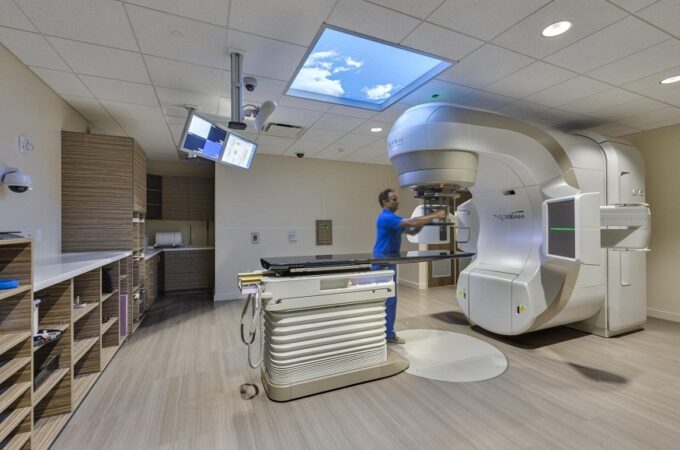
Lung Cancer Medication: What To Expect
Depending on the spread and the type of lung cancer identified, medication differs from one patient to another. After the screening, the doctor determines the medicine to administer. There are drugs administered for lung cancer in its initial stages. However, chemotherapy medications help in slowing down the multiplication of cancerous cells. In case patients have lung cancer, there is medication that they can undergo.
Drugs
If detected early, lung cancer is treatable using drugs in line with the specified cancerous cells. Using the wrong cancer drug will worsen the condition. Therefore, it’s crucial to use the medication recommended by the lung cancer treatment Newport Beach doctor and avoid sharing medicine.
Chemotherapy
Chemotherapy drips the medication directly to the veins and is transported into the bloodstream. The purpose of chemotherapy is to kill aggressive cancerous cells, reduce tumors, and slow the growth of cancer cells. The process may involve everyday medical chemotherapy for a week or five days, depending on the medicine used in chemotherapy. The patient may feel fatigued after the whole process. Therefore, the patient must take most of their time to rest.
Immunotherapy Medication
Cancer cells are commonly undetectable to the immune system, making them multiply faster. With the ongoing immunotherapy research, it’s possible to identify cancerous cells that bypass the immune system and kill them. However, the process is still underway in a few hospitals. Other medications for lung cancer may include targeted therapy and complementary medications.
Palliative Medication
Palliative care is care for a patient and his family who have an incurable disease by maximizing the patient’s quality of life and reducing disturbing symptoms, reducing pain by paying attention to psychological and spiritual aspects. This treatment also provides a support system to help the patient’s family cope with the death of a loved one to the bereavement process. It starts when the disease is diagnosed.
Palliative care is integrated health care that is active and comprehensive, with an integrated multidisciplinary approach between doctors, nurses, therapists, social-medical officers, psychologists, clergy, volunteers, and other professions as needed.
When cancer is in its final stages, the doctor will recommend palliative care. It involves therapies that help the victim heal psychologically, emotionally, and spiritually. The process makes life comfortable and acceptable. Palliative care helps cure the whole being and not cancer itself.
Depending on the spread of the cancer cells, the doctor can recommend various medications. Chemotherapy is widely known for an effective cancer medication that involves killing cancer cells and reducing the size of tumors. Your doctor can also recommend other treatments, such as immunotherapy targeted therapy. In case cancer has spread to its final stage, then the doctor will recommend palliative care that involves treating the person and not the disease.




